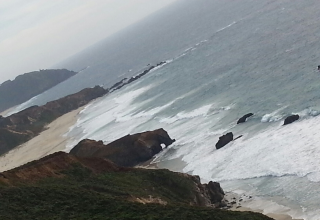
Evolutionary theory teaches us that all biological functions have precursor forms that date back to the beginning of life. There is a broad scientific consensus that consciousness is a biological function and the product of evolution. Before we can answer the question, “What is consciousness?” we must be able to answer the question: “What were its precursor forms?” This question can be restated as “What biological function, present throughout evolutionary history, could have become consciousness?” One answer to this question is “choice-making.”
We usually think of choice-making as synonymous with decision-making, implying the presence of a deliberative agent. The definition proposed here is much simpler: the selection of one option when two or more are present. This definition permits the perhaps novel idea that there is such a thing as agent-less choice. If you set aside the deity hypothesis, natural selection itself is an example of agent-less choice.
The evolutionary history of choice-making begins with the earliest single cell life forms in the domains of eubacteria, archea and later eukarya. They are still the dominant life forms on earth, and we are their direct descendants.
What does it mean for a single cell organism to make choices? The first function of all life is acquiring nutrients necessary for survival and reproduction. Single cell organisms select nutrients from their environment and these nutrients are “admitted” to the cell’s interior by way of protein structures embedded in the cell membrane. These structures allow some chemicals to enter while denying entry to others. This is a good example of automated and distributed choice-making and leads to our next definitions.
We will call the collection of choice-making processes for any given organism its Choice-making System (CMS). We will call the method or methods by which an organism acquires nutrients its Food Acquisition Strategy. We will call the cellular floating encounter with nutrients the Encounter Strategy (EN). The Encounter Strategy is alive and well today in floating algae, some zooplankton and in sessile animals like coral.
Download Article











